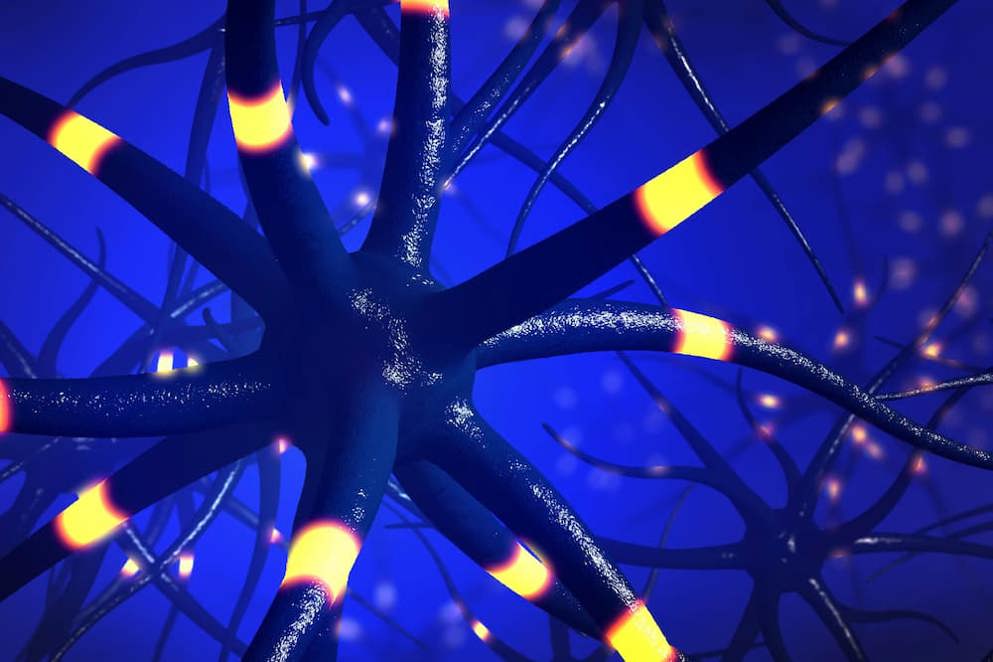Post-hoc analysis of Mavenclad in multiple sclerosis published in Multiple Sclerosis Journal.- Merck KGaA.
Merck KGaA announced the Multiple Sclerosis Journal publication of data outlining the effects of Mavenclad (cladribine tablets) treatment on two subgroups of patients with highly active relapsing multiple sclerosis (MS). These results reaffirm the clinical and radiological efficacy previously demonstrated with Mavenclad treatment in patients with relapsing MS. High Relapse Activity (HRA) and High Relapse Activity plus Disease Activity on Treatment (HRA + DAT) patients showed clinical and MRI responses to Mavenclad that were generally better than, or at least comparable with, the outcomes previously seen in the overall CLARITY study population. In both high disease subgroups, Mavenclad was shown to reduce the risk of 6-month EDSS progression by 82% vs placebo, compared to a 47% reduction in the overall CLARITY study population.
The newly published analysis also evaluated disease-free status, showing that in the HRA + DAT subgroup, treatment with Mavenclad was significantly more likely to result in NEDA (odds ratio 7.82 when compared with the non-HRA + DAT subgroup 4.46 ). The HRA subgroup was also more likely to achieve NEDA, but a statistically significant difference was not observed when compared to the non-HRA group. The relative risk of cumulative new T1 Gd+ lesions for patients in both high-disease subgroups treated with Mavenclad was low, with strong effects observed in each treatment subgroup. Overall, the subgroup-specific safety analysis for patients with HRA and HRA+DAT did not reveal evidence for new safety findings compared with those previously described for the overall CLARITY population.
See: "Efficacy of cladribine tablets in high disease activity subgroups of patients with relapsing multiple sclerosis: A post-hoc analysis of the CLARITY study." Giovannoni G, Soelberg Sorensen P, Cook S et al. Multiple Sclerosis Journal May 2018, http://journals.sagepub.com/doi/full/10.1177/1352458518771875

